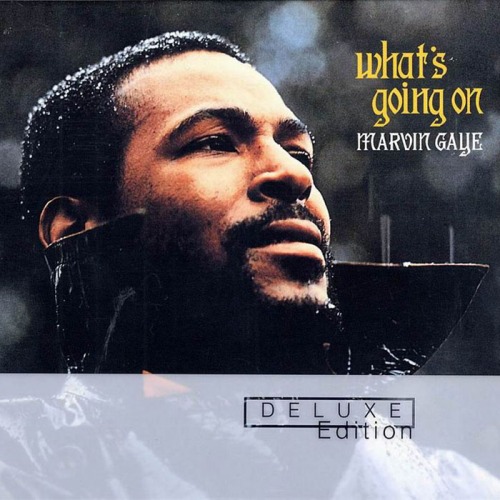
Gil Scott-Heron released this album at a very key time for his particular creative bent. This came out during the beginning of the disco era and for many, outside the influence of the Philly sound, there just didn’t seem to be too much room for complex sociological dialog in the music. There were songs with MESSAGES, yes. But in terms of the deep poetic insights you’d find from someone such as Gil Scott? It all seemed to be getting away from us at a time when it was needed most.
Heron was intensely aware of these changes in music. And had every intention of maintaining his vision and style. Even in the face of so many uncertain changes in the music industry. This album was recorded using TONTO, the massive synthesizer complex that had worked miracles for Stevie Wonder and the Isley Brothers during their early/mid 70’s height. Even at this point, it was all too easy for this huge instrumental complex to create a sound that was both very much in the now and futuristic.
And musically, Bridges is indeed futuristic sounding funk for the people . Aside from Brian Jackson’s multi instrumental talents, the Fender Rhodes as well as the sound of the massive TONTO weaves it’s electronic, bubbling chords and bass lines into the musical tapestry to create unique sounds. Just as much as what Stevie and the Isley’s had done with the same instrument. The mood it sets goes right along with the emotional accompaniment of Gil Scott’s vocal style. The bass oriented sounds in the production is pushed up front. And the improvised jazz-funk element gets the same effect.
Song wise the album ranges from uptempo, positive spirited melodic funk such as “Hello Sunday! Hello Road”, the amazing “Racetrack In France” and “Under The Hammer” to slower and richly varied in texture and melody type tunes such as “Vildgolia (Deaf,Dumb & Blind,”We Almost Lost Detroit” and “Delta Man”. The range of subject matter of these songs (as usual with Gil Scott) is densely layered-ranging from enlightening muses both the concept of prejudice itself to the escape from it. Along with the usual historical contexts.
Songs such as the acapella “Tuskegee #626” tackle a well known historical atrocity (in this case the Tuskegee Experiments) but does so with a very bright and almost sunny melody. This showcases Heron’s understand of the very sharp contrasts in the lifestyles of not only the African American culture. But how it also extends those contrasts into other aspects of life for Americans of other nationalities. This welcoming, humanistic album would be followed the more darkly reflective Secrets- also using TONTO for that as well.
Gil Scott-Heron and Brian Jackson had certainly proved their meddle in terms of how they were able to continue adapting their art their own way during an era. An era when artists were losing more and more control of what they did. And when you listen to this, and realize the influence it’s had on so much musical poetry and the hip-hop world today, (and Gil Scott is for all intents and purposes a hip-hop artist anyway) than you know your in for something very special and meaningful.



